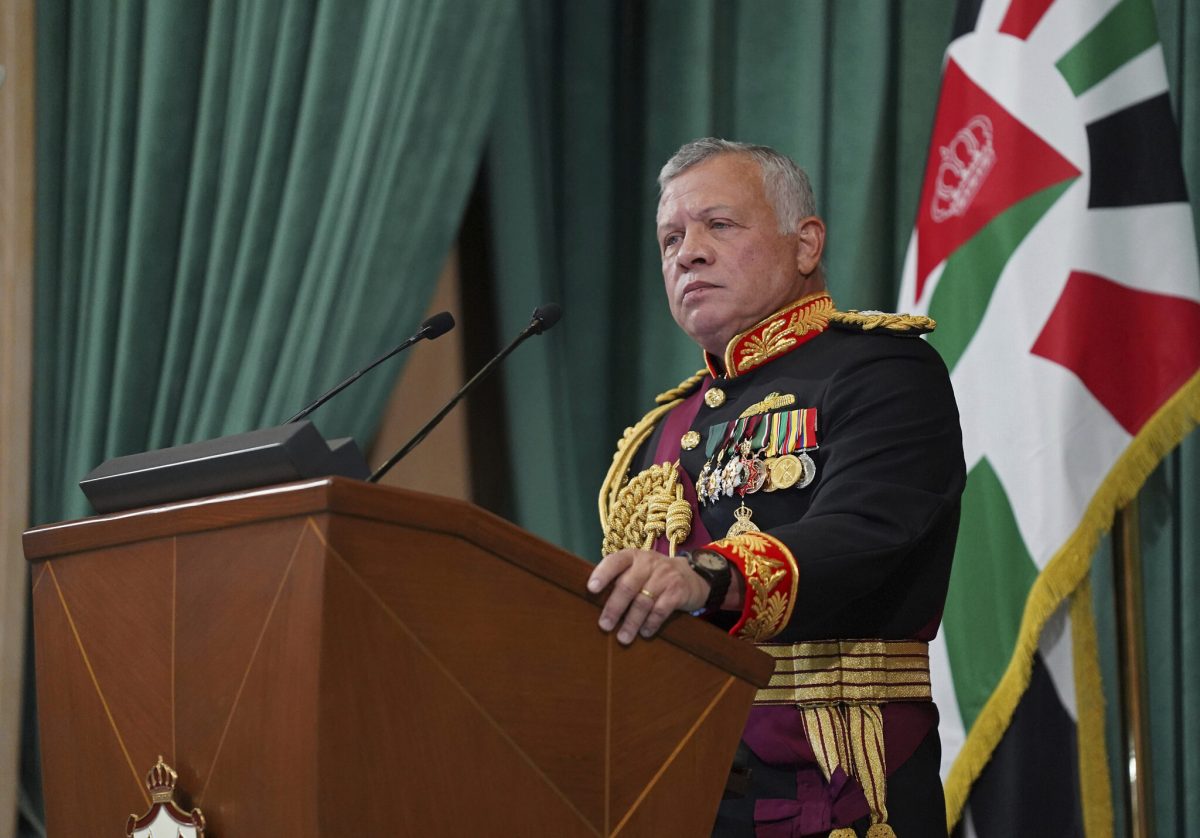AMMAN, (Reuters) – Leaks about money held by Jordan’s King Abdullah in accounts at Swiss bank Credit Suisse have “inaccurate, old and misleading” information, Jordan’s royal palace said yesterday.
Leaked data that contained details about thousands of bank accounts at Credit Suisse from the 1940s to 2010s was published by several media outlets on Sunday.
The reports suggested that the Jordanian monarch had at least six accounts with tens of millions of Swiss francs.
“These recent reports are being used to smear His Majesty and Jordan and distort the truth,” the palace said in a statement, adding that the figures were overblown because the amounts in the accounts had been counted multiple times.
The statement said the bulk of money listed in several reports related to the replacement of planes the monarch had inherited from his father, the late King Hussein.
It cited a $212 million sale of an Airbus 340 plane that was replaced with a smaller, less costly Gulfstream jet currently used by the monarch.
The statement said these savings were used with the monarch’s personal wealth to cover royal family costs, including royal initiatives across the country over the past few years to help the under-privileged.
The palace said these bank accounts were independent of state or public funds and were administered by the Privy Purse, a department responsible for royal expenses established 70 years ago.
The leak comes months after another data dump collectively called the “Pandora Papers” alleged that Abdullah, a close U.S. ally, used offshore accounts to spend more than $100 million on luxury homes in the United States and Britain.
The palace said then that the king had personally purchased the properties and no funds from the state budget or treasury had been used.
The leaked documents coincide with disenchantment among Jordanians. The country has witnessed street protests against economic hardship, high youth unemployment and a lack of progress on political reforms. Opposition politicians say Abdullah has not done enough to tackle corruption in state agencies, where nepotism and poor governance has shaken popular confidence in the ruling elite.

